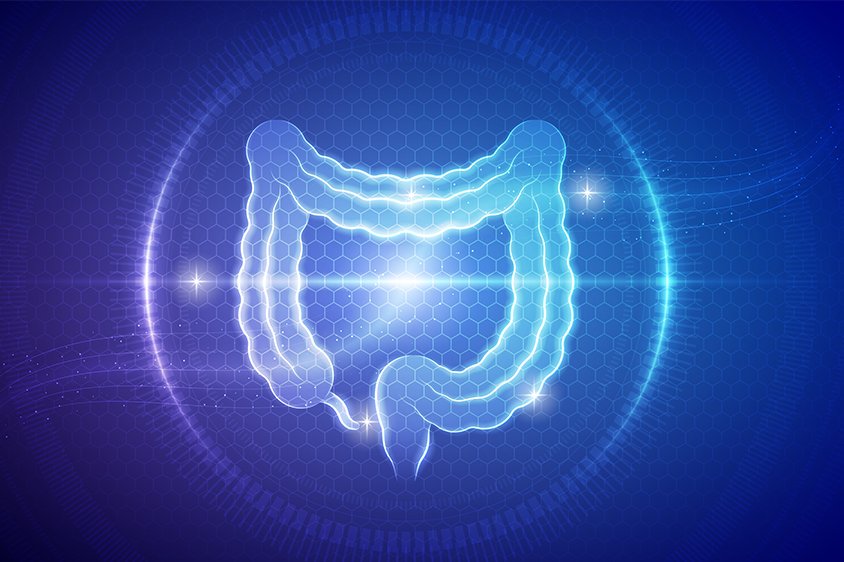
(Vienna, 22 October 2024) A new surgical method for treating obstructive defecation disorder has been introduced at the Department of General Surgery at MedUni Vienna and University Hospital Vienna. The procedure does not require the insertion of a foreign body and, for the first time, is minimally invasive. The new method was used for the first time worldwide at University Hospital Vienna and MedUni Vienna and offers those affected by this defecation disorder an advantageous alternative to existing therapies.
Obstructive defecation disorder (ODS) affects up to eight percent of Austrians. Those affected have difficulty emptying their bowels completely and often experience considerable suffering. The standard surgical procedure for ODS is ventral rectopexy. Here, the colon is fixed in place using an inserted mesh. However, the insertion of a foreign body carries the risk of inflammation. The new alternative procedure, which could previously only be performed via an open approach, does not require a synthetic mesh. Here, part of the colon mucosa is removed and the colon muscles are tightened with sutures. This procedure was performed for the first time at the Department of General Surgery at the Medical University of Vienna and University Hospital Vienna using a minimally invasive approach allowing a better surgical overview and exposure.
“This allows us to offer patients a promising alternative procedure to treat certain forms of defecation disorders. The fact that we were able to implement this new method for the first time worldwide will make a difference for many patients,” explains Stefan Riss from the Department of General Surgery, under whose direction the operation was performed.
More on the clinical picture of ODS
Typical symptoms of obstructive defecation disorder include a feeling of incomplete emptying, repeated trips to the toilet and even a feeling of anal blockage. In addition to a detailed medical history, special imaging is usually used to clarify the clinical picture and causes. Treatment options to date include conservative measures such as dietary changes and biofeedback therapy, which often achieve a significant improvement. Otherwise, surgical procedures are used.
Publication: Colorectal Disease
Transanal minimal invasive surgery mucosectomy for obstructed defaecation syndrome: A video vignette
Stefan Riss; Kerstin Melanie Widmann; Daniel Gidl; Christopher Dawoud
Colorectal Dis. 2024 Sep 15. doi: 10.1111/codi.17164.